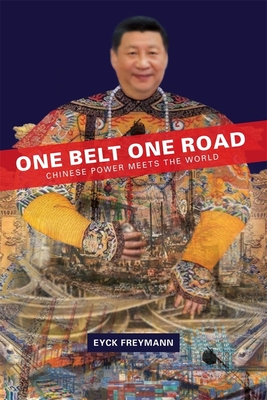Expedite your nonfiction book discovery process with Readara interviews, summaries and recommendations, Broaden your knowledge and gain insights from leading experts and scholars
In-depth, hour-long interviews with notable nonfiction authors, Gain new perspectives and ideas from the writer’s expertise and research, Valuable resource for readers and researchers
Optimize your book discovery process, Four-to eight-page summaries prepared by subject matter experts, Quickly review the book’s central messages and range of content
Books are handpicked covering a wide range of important categories and topics, Selected authors are subject experts, field professionals, or distinguished academics
Our editorial team includes books offering insights, unique views and researched-narratives in categories, Trade shows and book fairs, Book signings and in person author talks,Webinars and online events
Connect with editors and designers,Discover PR & marketing services providers, Source printers and related service providers

One Belt One Road: Chinese Power Meets the World
Political Science > World - Asian
- Harvard University Press
- Paperback
- 9780674247963
- 8.9 X 6 X 0.9 inches
- 1.1 pounds
- Political Science > World - Asian
- (Single Author) Asian American
- English
Readara.com
Book Description
In 2013, Chinese leader Xi Jinping announced a campaign for national rejuvenation. The One Belt One Road initiative, or OBOR, has become the largest infrastructure program in history. Nearly every Chinese province, city, major business, bank, and university have been mobilized to serve it, spending hundreds of billions of dollars overseas building ports and railroads, laying fiber cables, and launching satellites. Using a trove of Chinese sources, author Eyck Freymann argues these infrastructure projects are a sideshow. OBOR is primarily a campaign to restore an ancient model in which foreign emissaries paid tribute to the Chinese emperor, offering gifts in exchange for political patronage. Xi sees himself as a sort of modern-day emperor, determined to restore China's past greatness.
Many experts assume that Xi's nakedly neo-imperial scheme couldn't possibly work. Freymann shows how wrong they are. China isn't preying on victims, Freymann argues. It's attracting willing partners--including Western allies--from Latin America to Southeast Asia to the Persian Gulf. Even in countries where OBOR megaprojects fail, Freymann finds that political leaders still want closer ties with China.
Freymann tells the monumental story of Xi's project on the global stage. Drawing on primary documents in five languages, interviews with senior officials, and on-the-ground case studies from Malaysia to Greece, Russia to Iran, Freymann pulls back the veil of propaganda about OBOR, giving readers a page-turning world tour of the burgeoning Chinese empire, a guide for understanding China's motives and tactics, and clear recommendations for how the West can compete.
Author Bio
Eyck is a doctoral candidate in Area Studies (China) at Balliol College, University of Oxford. His research examines why democratic countries engage with China's One Belt One Road initiative, and how Chinese mega-projects influence their domestic politics.
Eyck holds an MPhil from the University of Cambridge, where he was a Henry Scholar; an AM in Asian Studies from Harvard University where he won the Joseph Fletcher prize for top thesis in Asian studies; and an AB in East Asian History with highest honors, also from Harvard.
Research Disciplines
International Security
Political Economy
Political Science
International Relations
Comparative Politics
Source: University of Oxford
Videos
No Videos
Community reviews
No Community reviews

